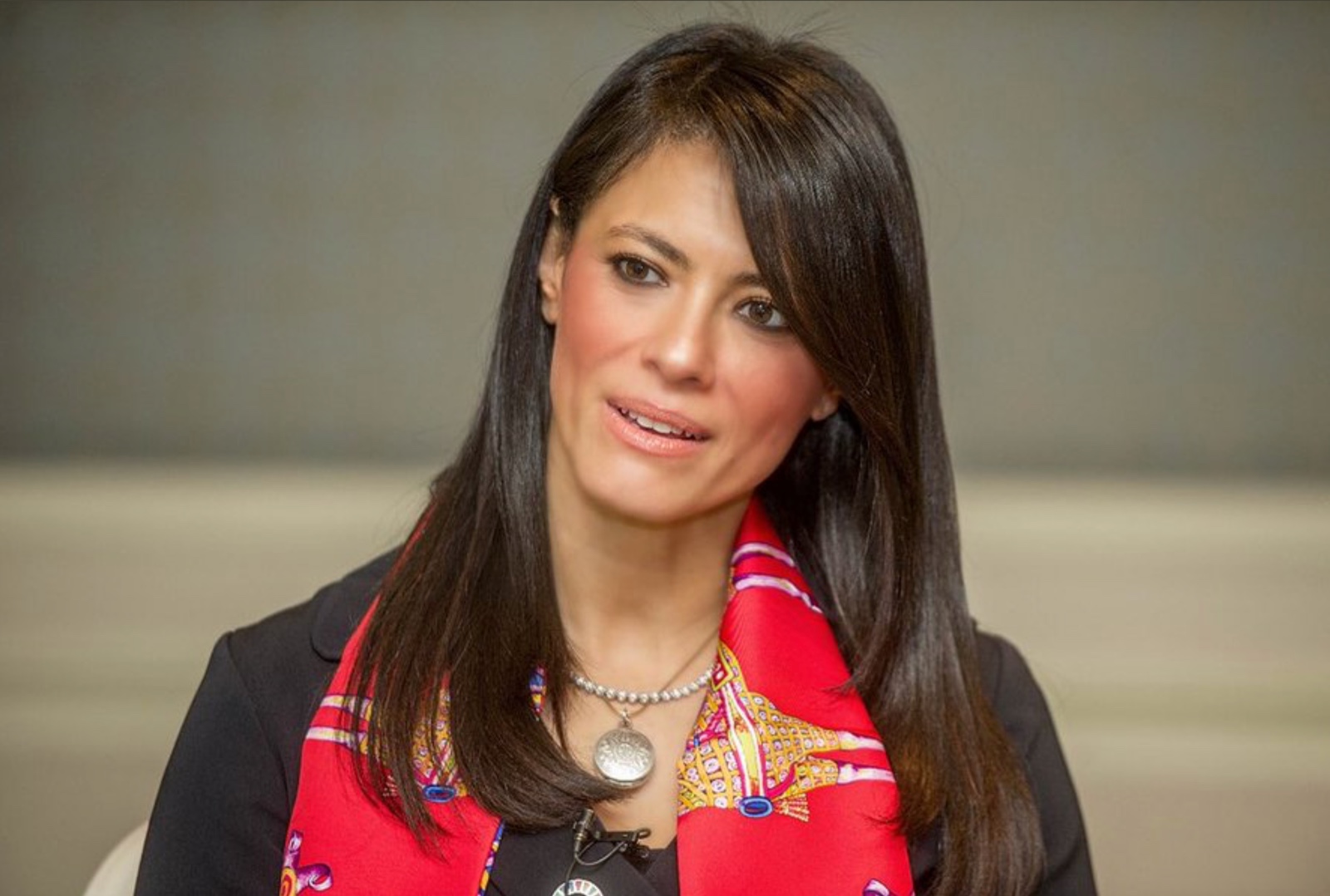Rania Al Mashat Explains: Egypt’s economic diplomacy framework

How Egypt’s economic diplomacy fostered multilateralism and international cooperation: In 2020, the International Cooperation Ministry marshaled USD 9.8 bn in finance development projects, with USD 6.7 bn allocated to government projects and USD 3.1 bn going to support the private sector. Next week, International Cooperation Minister Rania Al Mashat will launch her book “Stakeholder Engagement Through Economic Diplomacy”, which provides insight on the economic diplomacy framework Egypt created to foster multilateralism.
The book highlights how successful implementation of economic diplomacy and its three principles can produce powerful synergies, offering a strong basis for future interventions and decisions on fund allocation towards fulfilling the 2030 Agenda.
What exactly is economic diplomacy? Simply put, economic diplomacy entails merging diplomatic skills with economic tools in order to fulfill a country’s economic, political and/or strategic goals. “The functions of economic diplomacy emphasize the interconnection among economic, social and political interests and the active roles of different stakeholders,” Al-Mashat states in her book, which is already available online.
In light of the book launch, Al Mashat talked to Enterprise about the economic diplomacy framework, Egypt’s success story in implementing it and the role of the International Cooperation Ministry in connecting local stakeholders to development aid.
Edited excerpts from our conversation:
Egypt’s economic diplomacy framework is built on three principles: Firstly, holding multi-stakeholder meetings between the ministry, government entities, multilateral and bilateral development partners, private sector and civil society. Secondly, making sure development projects set by these meetings are aligned with the UN’s Sustainable Development Goal (SDGs) and with Egypt’s Vision 2030. Lastly, the Global Partnerships Narrative (pdf) focuses on building strong connections and engagements with Egypt’s development partners. The book goes over what these principles are, the theoretical backing of them, and how we implemented what was called upon from the international community.
The ultimate end-goal: “Egypt’s Economic Diplomacy Framework aims to maximize socio-economic returns from international development financing; ensure the alignment of development interventions with national objectives as well as with the SDGs; and enhance the management of development cooperation for better implementation of development projects within Egypt,” the book states.
This is the first time a country leads an aid-to-SDG mapping exercise: Since we are nine years away from 2030, we mapped our financing portfolio from the international community and Egypt’s development partners to the SDGs using robust methodologies. This is the first time that a country has led this exercise, and it is exemplary for other countries to do. Egypt is very substantial in that field because our portfolio currently stands at USD 25 bn.
And the private sector is part of the success story: Part of the finance that we secure as a ministry can also go to the private sector. Whether this financing goes to the government for its projects or to the private sector, they are implemented by Egypt’s private sector.
That’s the beauty of Egypt’s story: The scale of the aid and the projects were so impressive that the private sector has stepped up to implement those projects, and now they can also do that in Africa with development partners.
The map will be launched during the book’s launch: In the book, we talk about the importance of governance, transparency and mapping the financing with SDGs. This shows how transparent Egypt is with all the financing it is getting from the international community.
The book also covers the ministry’s project portfolio until 2020, including infrastructure, housing, transportation, renewable energy, water treatment, education, social programs etc. These are all designed by ministries.
WANT TO HEAR MORE FROM AL MASHAT on ministry’s economic diplomacy efforts? Listen to our Enterprise After Hours podcast interview (runtime: 41:05) on our website | Apple Podcasts | Omny. We’re also available on Spotify, but only for non-MENA accounts. You can also read a summary of the interview here.
Make sure to tune it to the LSE’s discussion “Policy Reform in the Making: Stakeholder Engagement through Economic Diplomacy” on 29 June, from 3PM to 4:15PM (CLT) through this link. Speakers include Al Mashat, chief economist of the Asian Infrastructure Investment Bank and LSE Professor in Practice Erik Berglof, VP and chief economist of the World Bank Group Carmen Reinhart, and director of the LSE Minouche Shafik.